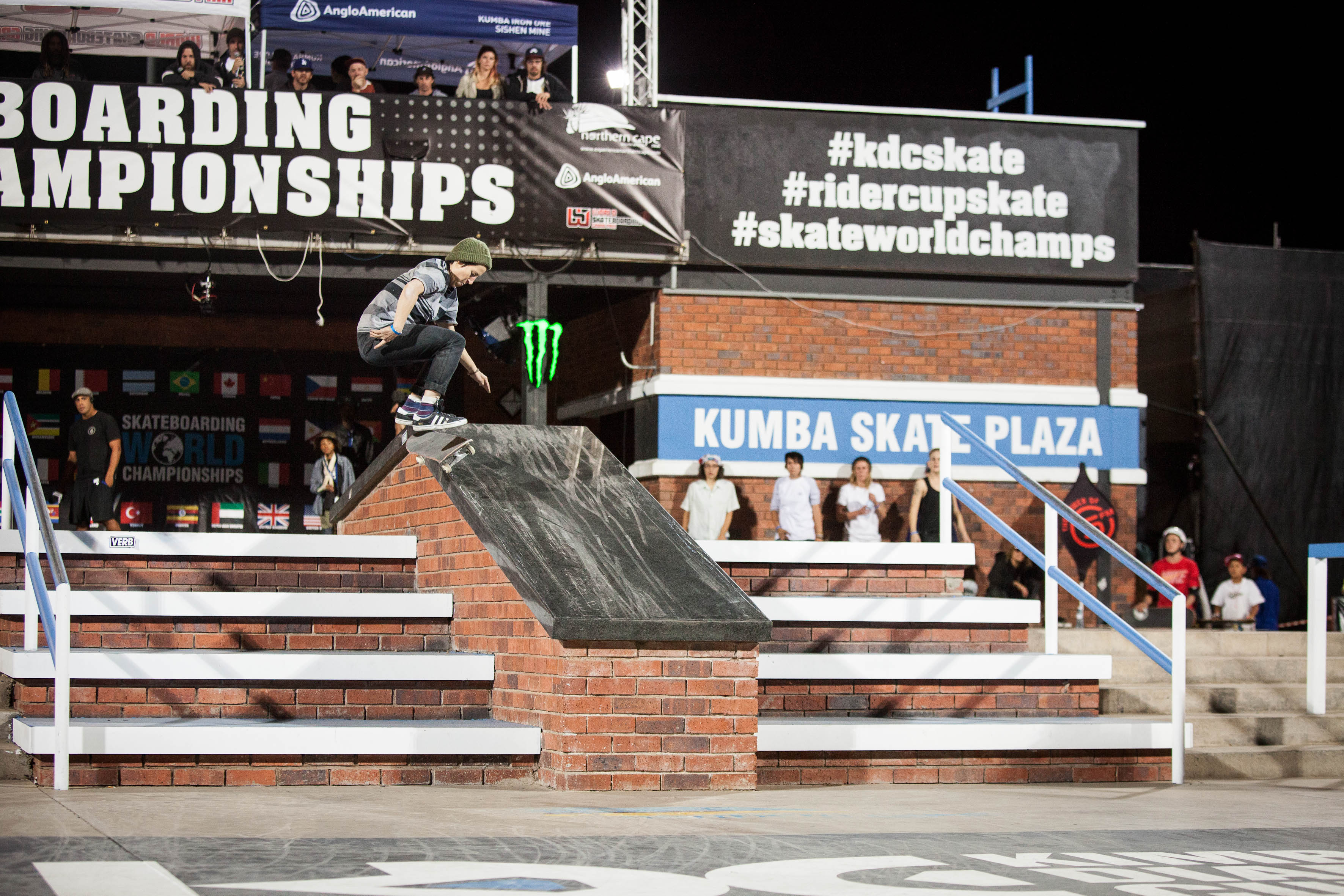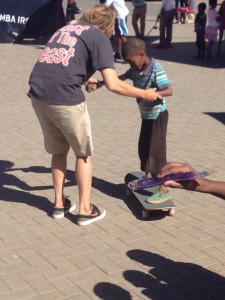By Bre Callahan
There will be no shortage of girls ripping during the Kimberley Diamond Cup Women’s World Street Championships this week. It’s the first year that a women’s contest is included in the event and it’s pushing women’s skateboarding to a more global level than ever before.
Research shows that participating in sport and specifically skateboarding has positive social and cultural outcomes for societies everywhere. Over the past 50 years, distinctive subcultures have evolved around skateboarding and skateparks. Skateparks are predominantly “male spaces,” but aren’t host to the more traditional male behaviors of aggression and power. The sport embraces values like personal freedom, self-expression and cooperation (Beal, 1996). And as Beal observed, these principles provide opportunities for unstructured, peer-centered activities that help develop autonomy and social skills essential for all young adults (1996) .
This year the KDC will host female pros like Elissa Steamer and Marissa Dal Santo who have been trailblazers for women’s skateboarding. Individual sports like skateboarding are great for kids including girls in an area where there is not as much opportunity for team-based sports that require more costly organization. It can be very beneficial to local communities in remote and/or underserved areas like Kimberley.
We think Atencio said it best by stating, “It is our hope that other women‐focused skate contests as well, as the wider skateboarding social field, begin to recognize and reward a diversity of gendered identities and provide participants with valued capitals in more egalitarian ways,”(2009). The Kimberley Diamond Cup is pushing the boundaries of inclusion and making a statement to the world about women in sport. Visit KimberleyDiamondCup.com to check out the recap from the Women’s South African Street Championships and stay posted for more results on the Women’s World Championships this weekend.
One of the best video parts from a female skateboarder:
Marisa Dal Santo in Zero’s Strange World [‘09]:
youtube.com/watch?v=p44TIA0Dlvk
Sources
Aaron, S. (2002) Skatepark society builds Responsibility and Community. Parks Recreation Magazine. Vol. 37, No.3, March 2002
Atencio, M., Beal, B. & Wilson, C. (2009) The distinction of risk: urban skateboarding, street habitus and the construction of hierarchical gender relations, Qualitative Research in Sport and Exercise, 1:1, 3-20, DOI: 10.1080/19398440802567907
Beal, B. (1996). Alternative Masculinity and its Effects on Gender Relations in the Subculture of Skateboarding. Journal of Sport Behavior, 19(3), 204-220.






